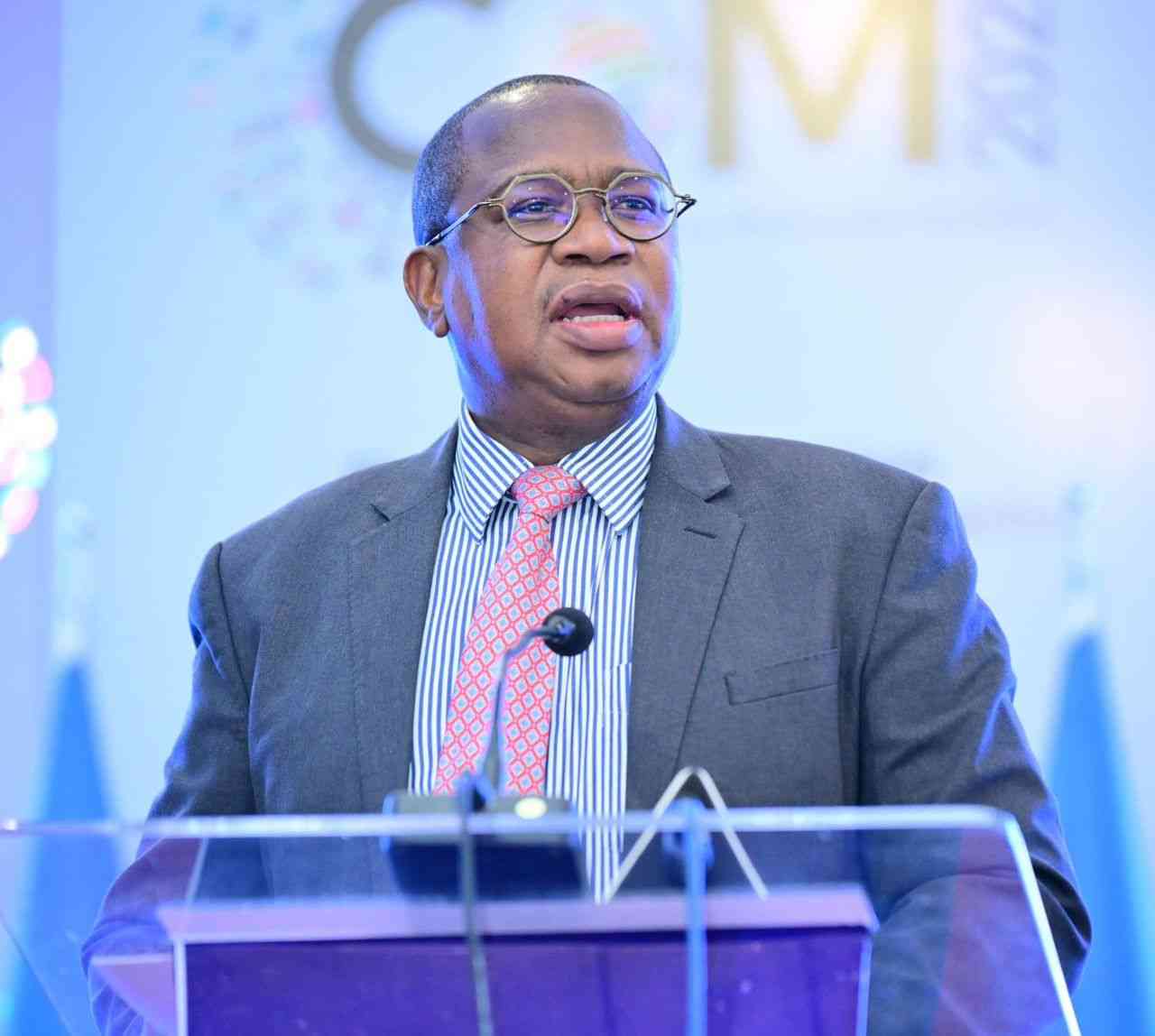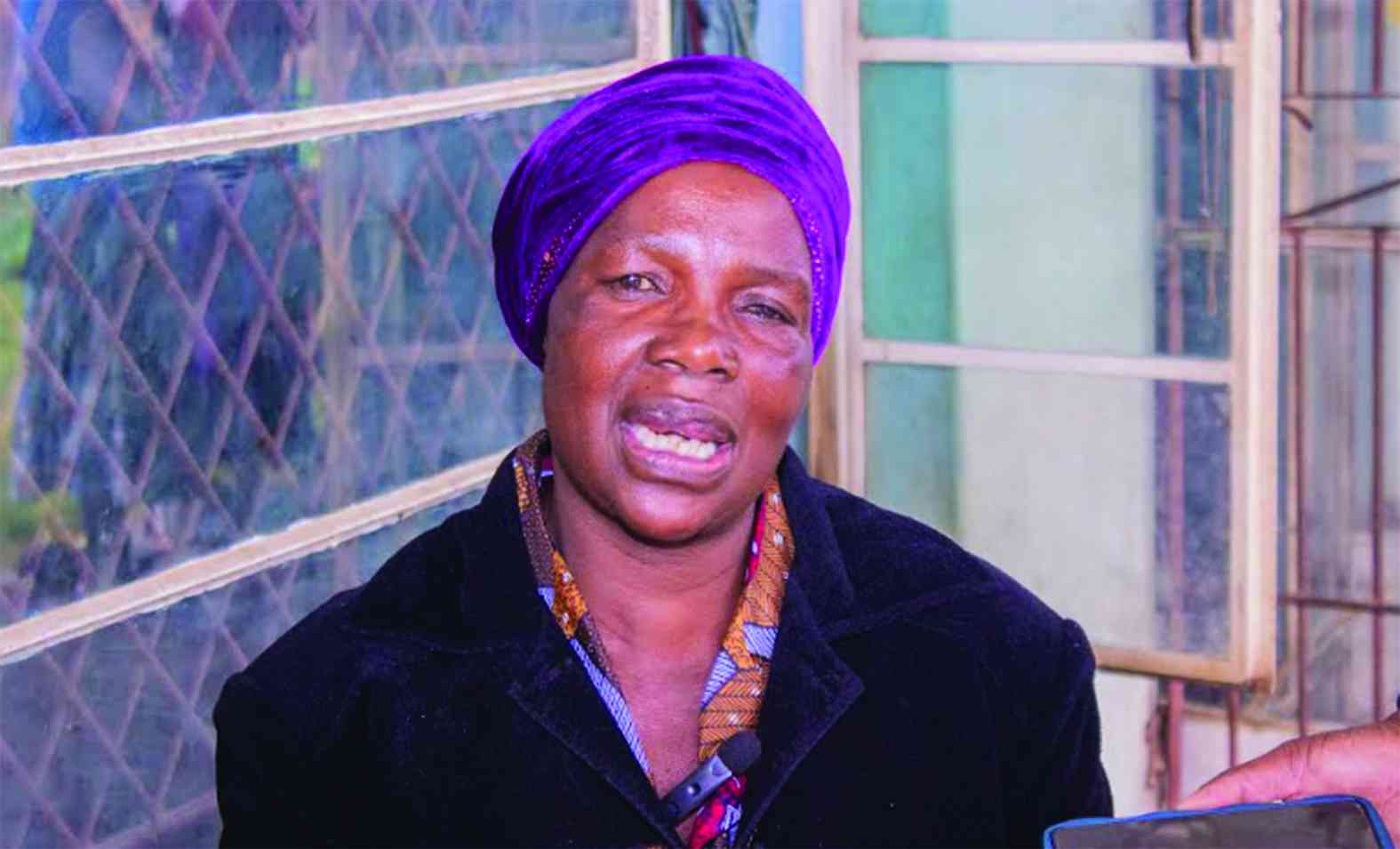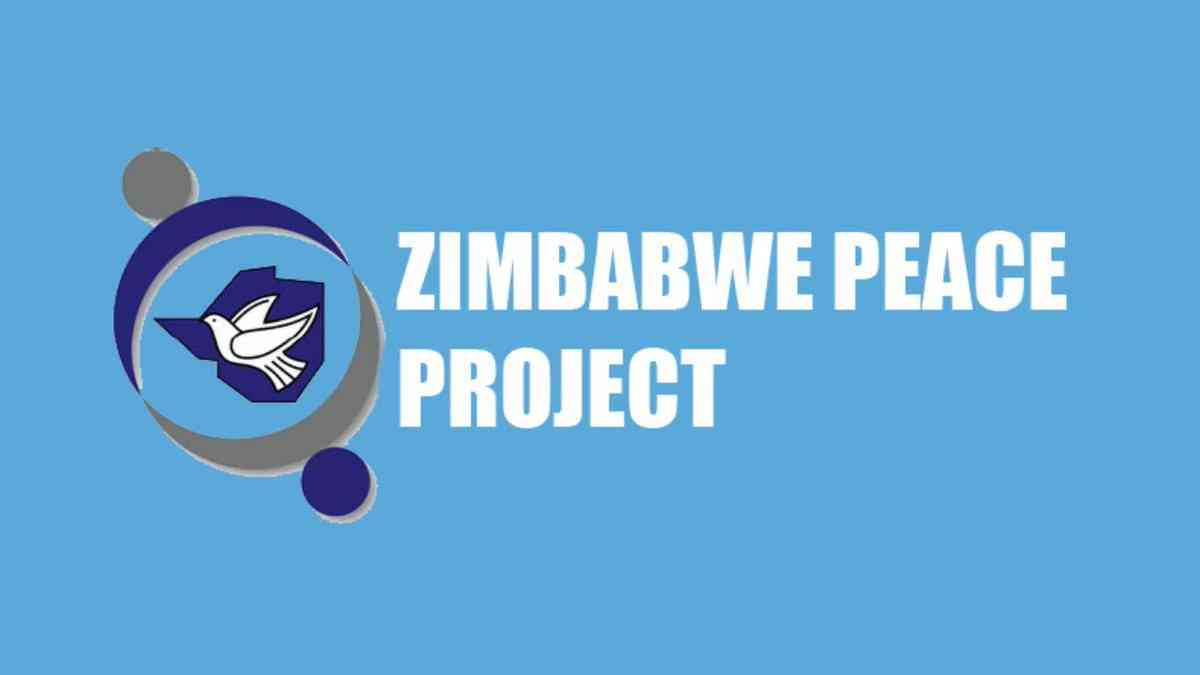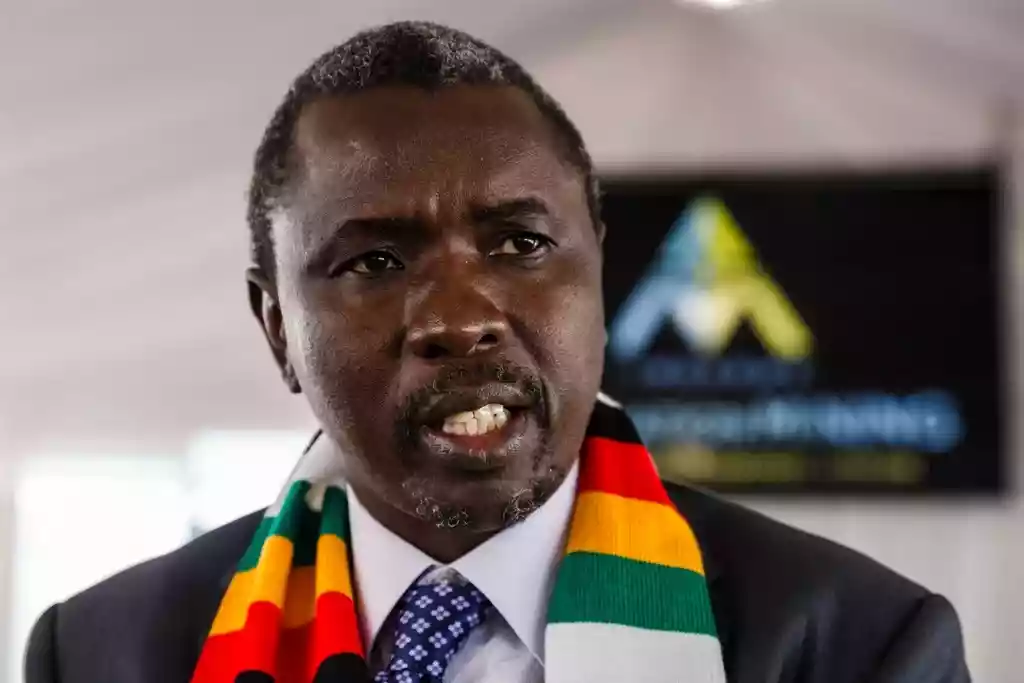
TREASURY plans to make most of taxes and fees payable strictly in the Zimbabwe Gold (ZiG) currency to steer demand and drive up its value.
The plans to shore up demand for ZiG are being made as the Finance, Economic Development and Investment Promotion ministry prepares the 2025 National Budget to be presented next month.
On September 27 this year, the ZiG depreciated to US$1:ZWG24,39 from a prior day comparative of US$1:ZWG13,99. The dollar was yesterday trading at ZiG26,6718 at the interbank market.
Since ZiG’s introduction in April as a stable currency, adequately backed and “a step in the right direction”, the currency remains volatile.
The ZiG is backed by US$450 million in foreign reserves, as of October 10, according to Reserve Bank of Zimbabwe governor John Mushayavanhu.
Speaking during a dialogue with development partners in Harare yesterday, Finance, Economic Development and Investment Promotion minister Mthuli Ncube said the government will require taxpayers to settle a sizeable proportion of their obligations in local currency.
“Already, customs duties are now payable in local currency. Going forward and in line with the de-dollarisation roadmap, other taxes will also be paid exclusively in local currency, including payment for government services,” Ncube said.
In his midterm fiscal policy review, Ncube proposed to amend the legislation to allow companies to settle corporate income tax in local and foreign currency on a 50:50 basis. He also proposed to amend legislation and compel any corporate whose revenue exceeds 50% in foreign currency to account for corporate income tax on a 50:50 basis.
- Caledonia lays out Bilboes revival plan
- Letter from America: Gold Mafia: Zim government should rethink its policies!
- So, is it a currency?
- Will gold tokenisation work?
Keep Reading
Critics say government services such as passport fees should be paid exclusively in ZiG to buttress the use of the local currency. Government, however, argued that there is an existing arrangement which demands that the fees be collected in United States dollars.
Ncube yesterday said government would restructure the terms and conditions of some of the debt, as well as the issuance of long-term securities to contain the cost of debt servicing.
He said fiscal outlays would prioritise the provision of critical economic enablers, while also ensuring core social programmes that benefit the poor are protected.
Ncube attributed the growth of the national public debt over the past few years on account of the government’s takeover of legacy debts, the central bank’s external liabilities, capitalisation of the Mutapa Investment Fund and the compensation of former farm owners.
He said Treasury would maintain a sustainable budget deficit of less than 3% of the gross domestic product and align expenditure outlays to available resources.
However, economists have warned that the volatile nature of the ZiG might add budgetary pressures as the cost of living continues to rise both in local and foreign currency.
Ncube said the focus “will be on supporting long-term fiscal sustainability and stability of the domestic currency”. To achieve this, the government will maintain a sustainable budget deficit of less than 3% of GDP and align expenditure outlays to available resources while prioritising development and social expenditures, he said.
Debt remains one of the major drains on government coffers as it is now estimated at US$21 billion, as of June 30, 2024.
External debt is at US$12,3 billion, while domestic debt amounts to US$8,7 billion.
External debt is owed to bilateral and multilateral creditors, with the latter accounting for US$3,1 billion.
On development co-operation, Ncube said the government acknowledged and appreciated the continued support from these partners which has gone a long way in complementing “our developmental efforts in the various sectors of our economy”.
He said government was implementing strategies to further strengthen co-ordination with development partners, including the establishment of sector working groups, the development projects management system and participating in the Global Partnership for Effective Development Co-operation Monitoring Exercise.
He said the Global Partnership for Effective Development Co-operation was an inclusive multi-stakeholder partnership aimed at maximising the effectiveness of all forms of cooperation and also fosters engagement and mutual learning on how to make development cooperation more effective.











